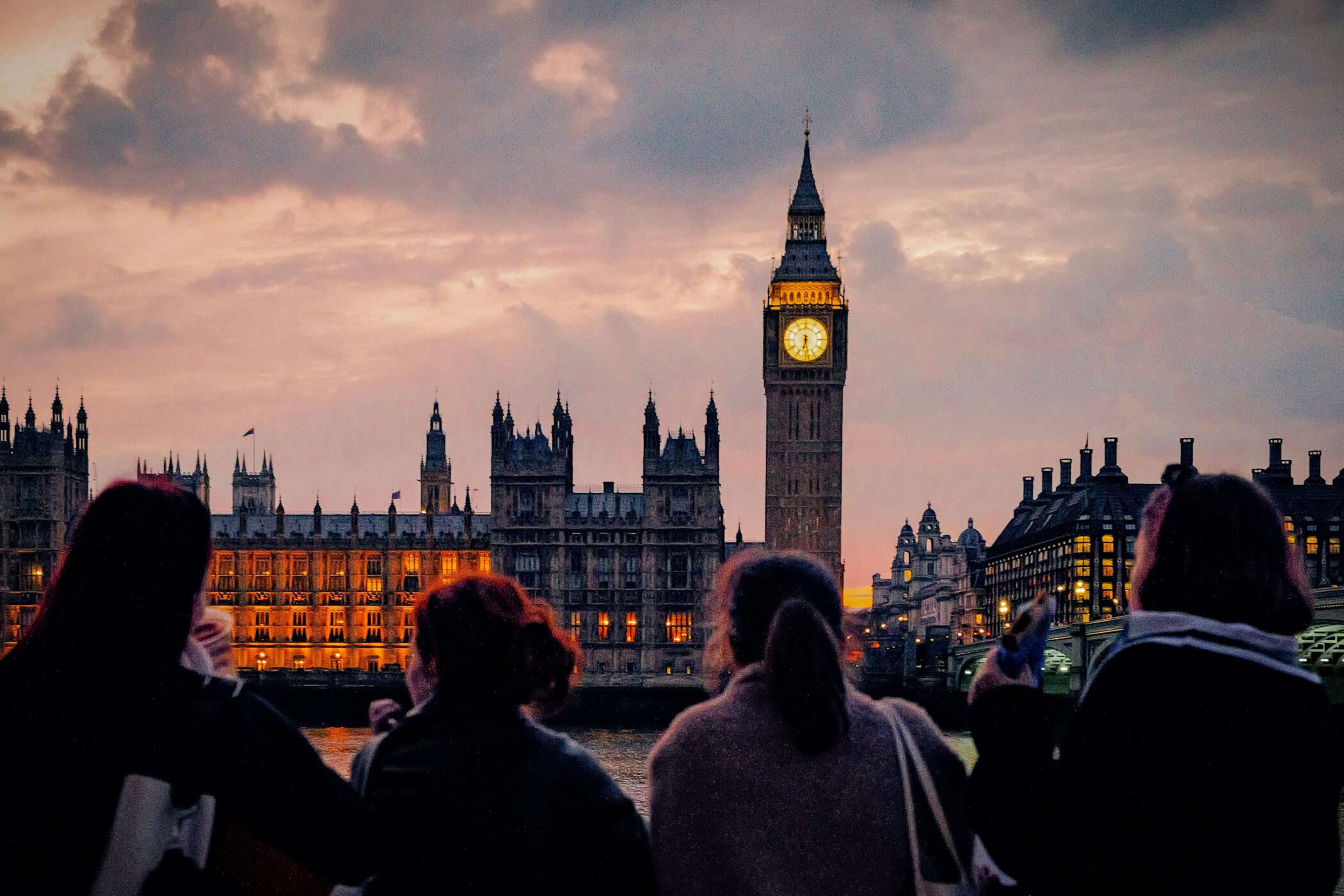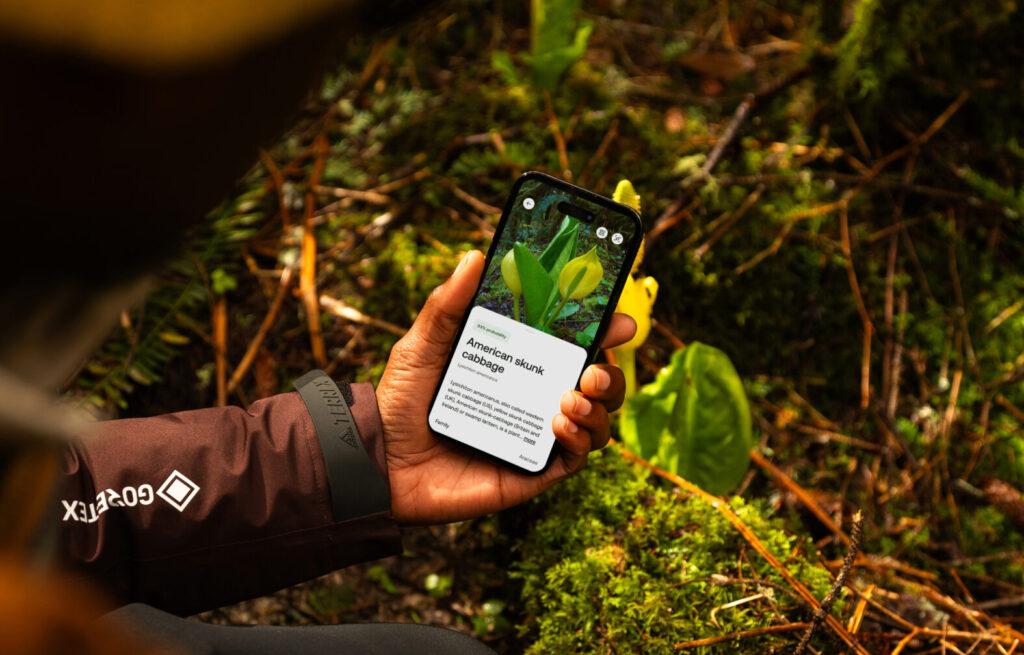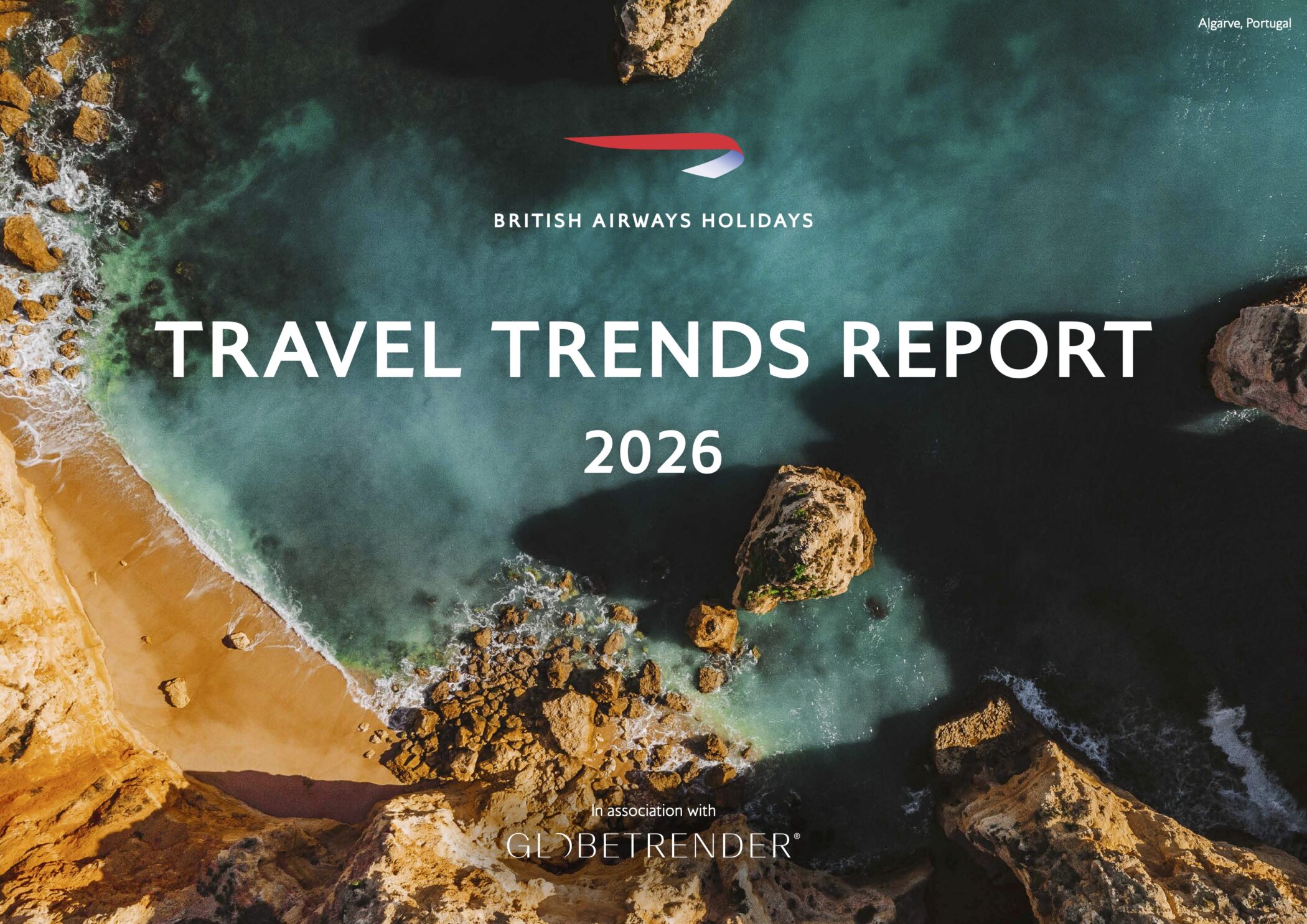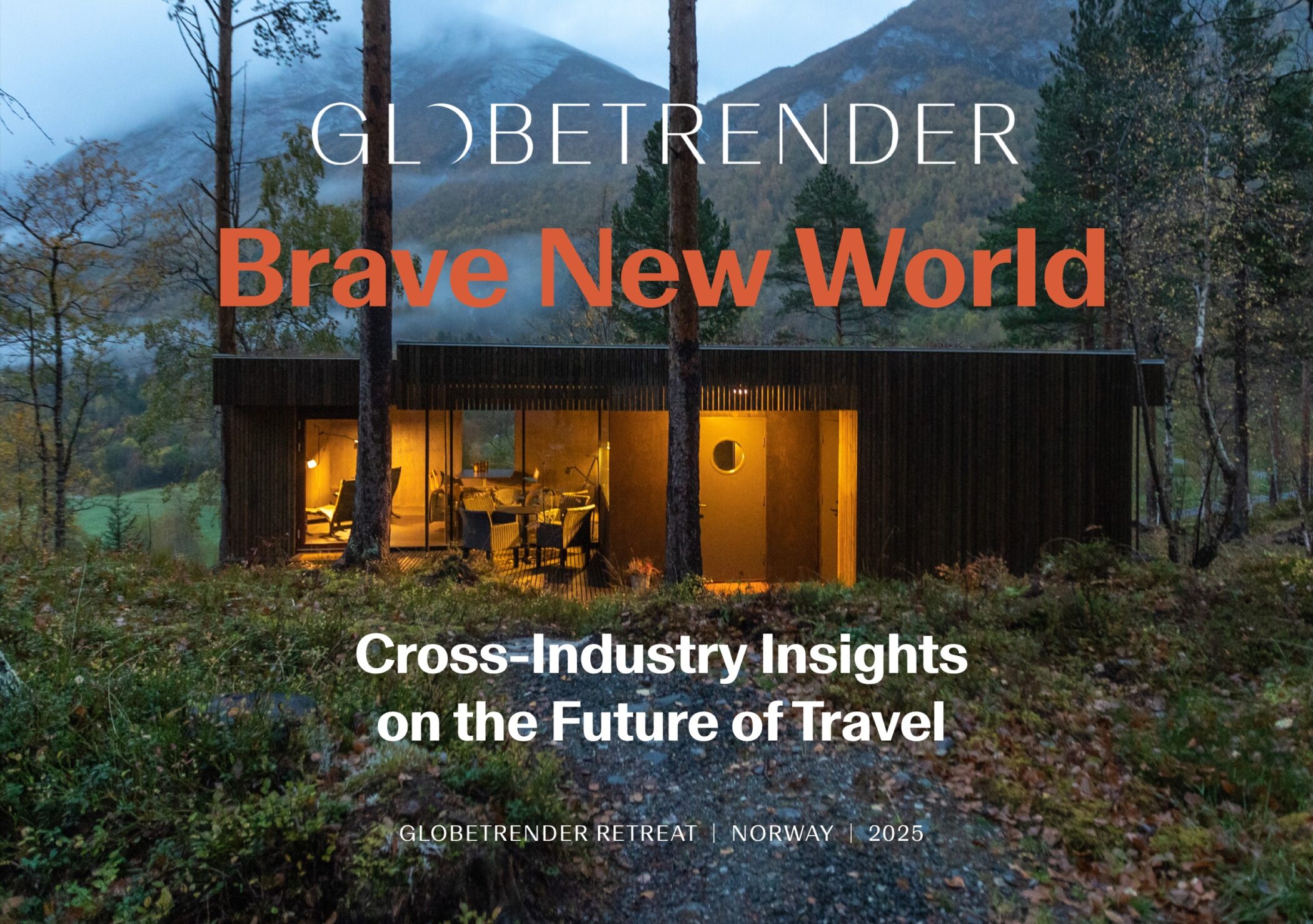Travellers excited by AI but refuse to hand over control
Research by Booking.com has revealed a fundamental tension as holidaymakers embrace AI for trip planning whilst demanding to keep humans firmly in the decision-making process. Olivia Palamountain reports
Most travellers want AI to help plan their holidays but draw a firm line at letting technology make decisions without human oversight, according to a major international study by Booking.com.
The research involving more than 37,000 consumers across 33 countries found that whilst 91% express excitement about AI and 89% want to use it for future travel planning, only 12% feel comfortable allowing AI to make decisions independently.
The Global AI Sentiment Report reveals a striking contradiction in consumer attitudes: the same proportion of people who say they are excited about AI - 91% - also report having at least one concern about its broader implications. Just 6% of respondents say they fully trust AI technology.
The findings expose significant regional differences in AI adoption. Latin America leads global enthusiasm, with 98% of respondents excited about AI and 89% claiming familiarity with how it works. Asia Pacific follows closely, showing the highest willingness to integrate AI into daily life, with 41% using it for education and transport.
By contrast, North America and Europe emerge as the most sceptical regions. Nearly a third of North American respondents (32%) distrust AI-generated information, compared with 29% in Europe and the Middle East, 16% in Asia Pacific and 15% in Latin America.
"Generative AI represents one of the most significant technological shifts of our era, fundamentally reshaping how consumers engage with the world around them," says James Waters, chief business officer at Booking.com. "The opportunity ahead is tremendous. At Booking.com, we've long been at the forefront of AI advancement, integrating advanced machine learning to enhance the customer journey at every touchpoint."
The research identifies distinct consumer groups, with 36% classifying themselves as "AI Enthusiasts" and 13% as "AI Advocates" who actively champion responsible adoption. However, 25% identify as "AI Detractors", representing significant resistance to the technology.
Most consumers are already using AI-powered tools without realising it, with 98% using AI-enhanced search engines and 86% relying on streaming service recommendations. In travel specifically, 67% have used AI in some capacity, with nearly all using it for planning, booking or during trips.
When planning holidays, travellers most commonly use AI to research destinations and optimal visit times (38%), find local experiences (37%) and get restaurant recommendations (36%). The study reveals that AI assistants have become more trusted for travel planning (24%) than colleagues (19%) or social media influencers (14%).
During trips, AI proves most valuable for translation services (45%), activity suggestions (44%) and navigation assistance (40%). After returning home, photo editing emerges as the top AI application, used by 38% of travellers.
Despite growing adoption, consumers remain cautious about AI's impersonal nature, with 35% finding it lacking human warmth. The majority double-check AI outputs even when they trust the technology, with 42% always fact-checking recommendations and 29% doing so sometimes.
The research suggests travellers increasingly value AI's potential for responsible tourism. Some 71% appreciate AI recommendations that help avoid overcrowded destinations, whilst 60% want AI to highlight experiences that benefit local communities.
Looking ahead, 65% of consumers expect autonomous trip planning to become mainstream, though the study emphasises that success will depend on positioning AI as a supportive tool rather than a replacement for human judgement.
The findings reflect broader consumer attitudes as AI becomes increasingly prevalent across industries. Whilst enthusiasm for AI's potential remains high, the research underscores the importance of maintaining human oversight and building trust through transparency and responsible implementation.
Waters adds: "Building trust, ensuring transparency, and prioritising safety are critical as we guide travellers, and our industry, into the future."

























